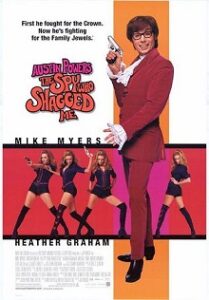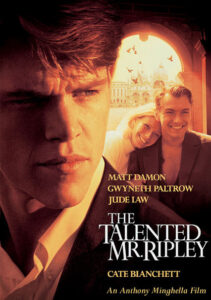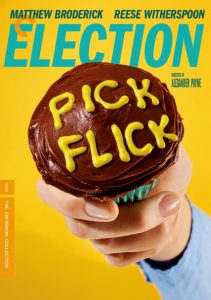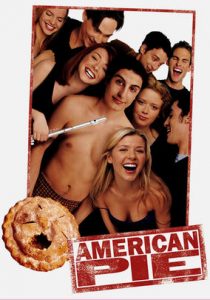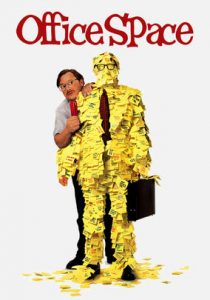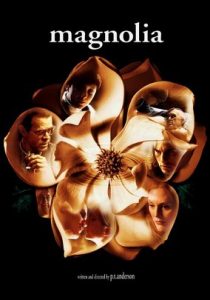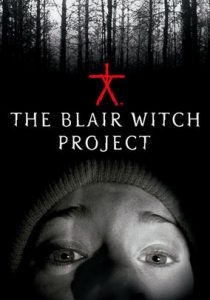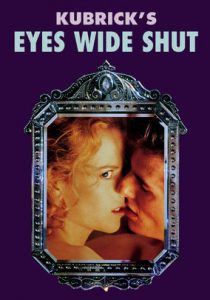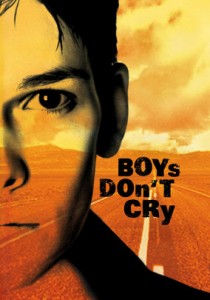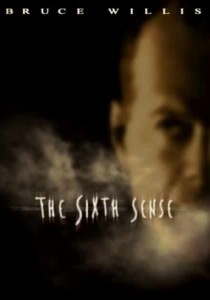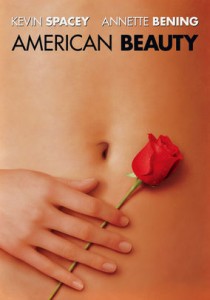Austin Powers: The Spy Who Shagged Me-1999
Director Jay Roach
Starring Mike Meyers, Heather Graham, Michael York
Scott’s Review #1,454
Reviewed December 7, 2024
Grade: C
The silly comedy franchise Austin Powers, which gripped the nation in the late 1990s, never tickled me pink like it did so many others. International Man of Mystery debuted in 1997 and provided a smirk or two, but the follow-up ran out of gas by using more or less the same schtick as the first in the series.
I’ll never forget people mimicking taglines like ‘Yeah, baby’ to delightful laughter during this time, which I found more irritating than humorous.
Mike Meyers is talented and gives his all in the title role and two others. He infuses his natural comic talents into ridiculous, over-the-top, loud characters. He also does triple duty and portrays the main villain and henchman.
He deserves props for solid performances with mediocre writing.
Poor Heather Graham, excellent as ‘roller girl’ in Paul Thomas Anderson’s brilliant Boogie Nights (1997), is reduced to a scantily clad love interest. Besides being eye candy, her character has little worth to offer, undoubtedly frustrating to the then-rising star.
The film isn’t a total failure since the visuals and makeup are to be admired. Colorful sets and groovy designs replicate the 1960s in zany design, making watching the film better than listening to it.
It also serves as a modest treat for James Bond fans since the satire and parodies give credence.
Jay Roach, the director, must have advised his actors to perform as outrageously as possible, especially Robert Wagner, Rob Lowe, and Mindy Sterling, and Meyers does so on his own.
Blessedly, the running time is one hour and thirty-five minutes.
In the second installment, British super spy Austin Powers (Meyers) must return to 1969, as arch-nemesis Dr. Evil (Meyers) has ventured back to that year and successfully stolen Austin’s “mojo,” set up a powerful laser and aimed it at Earth.
With the help of gorgeous agent Felicity Shagwell (Graham), the newly single Austin must now contend not only with Dr. Evil but also Evil’s vicious, pint-size attack clone, Mini-Me (Verne Troya).
The point of the franchise is to spoof the legendary James Bond series while incorporating a Swinging London, free-love vibe, which on paper sounds good. However, the situations play more like sketch comedy or Saturday Night Live setups than a flowing screenplay.
Even the title greedily borrows the title of the 1977 The Spy Who Loved Me Bond film.
As with many comedy or romantic comedy films, screenwriters Mike Meyers and Michael McCullers desperately incorporate bathroom humor and countless sly sex sequences for laughs.
Also, keeping with a popular theme of comedy films, celebrity cameos run rampant. Jerry Springer, Willie Nelson, Woody Harrelson, and others appear as themselves.
I like the Bond references and themes the best, but the jokes mostly don’t work.
To its credit, Austin Powers: The Spy Who Shagged Me (1999) is not as bad as its follow-up, Goldmember (2002), but the gags fall flat most of the way.
Oscar Nominations: Best Makeup
